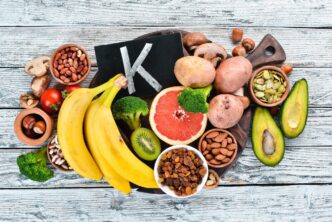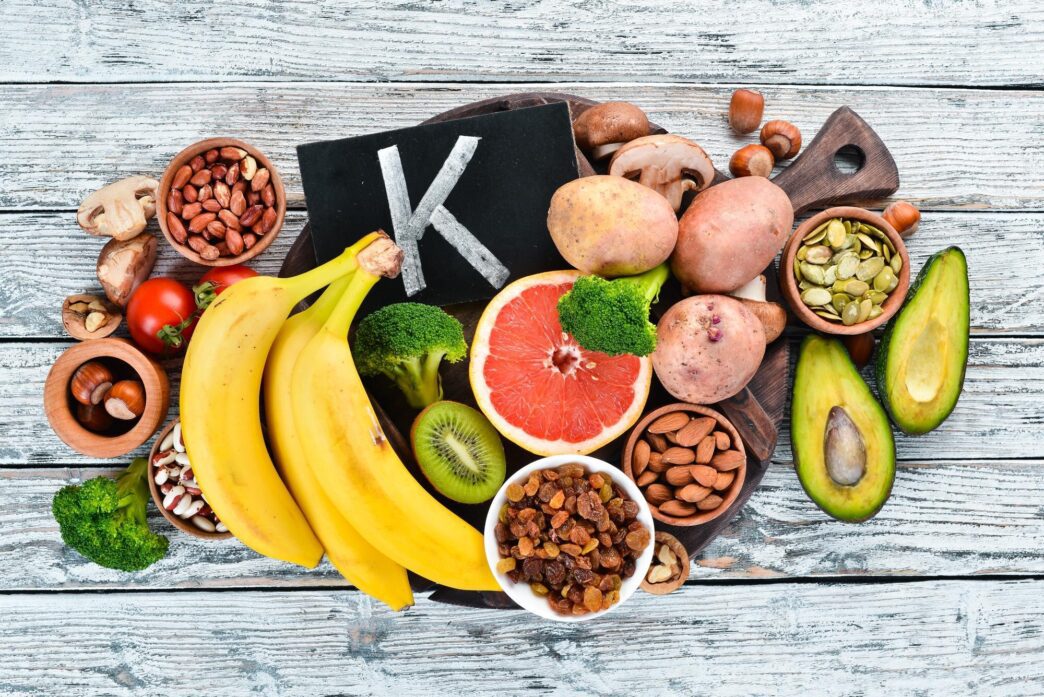A Quick Takeaway
The Story Behind the Trend
How to Make It Work for You
The Community View
Vitamin K, often overlooked in the pantheon of essential nutrients, is a fat-soluble vitamin crucial for a myriad of bodily functions, most notably blood clotting and bone health. Found predominantly in leafy green vegetables (Vitamin K1) and fermented foods or animal products (Vitamin K2), adequate intake is vital for everyone, from children to seniors, to prevent excessive bleeding, strengthen bones, and support cardiovascular health. Incorporating a variety of Vitamin K-rich foods into your daily diet is a straightforward and effective way to ensure optimal levels and unlock its profound benefits for long-term well-being.
Understanding Vitamin K: K1 vs. K2
Before diving into specific food sources, it’s important to understand that Vitamin K exists in two primary forms, each with distinct roles in the body. Vitamin K1, or phylloquinone, is primarily responsible for blood coagulation, ensuring that wounds heal properly and excessive bleeding is prevented. It is abundantly found in plant-based foods.
Vitamin K2, or menaquinone, plays a critical role in bone metabolism and cardiovascular health. It helps direct calcium to where it’s needed, like bones and teeth, and away from where it can be harmful, such as arteries and soft tissues. K2 is found in fermented foods and certain animal products, and our gut bacteria can also produce some forms of it.
The Top 10 Vitamin K Powerhouses
To harness the full spectrum of Vitamin K’s benefits, a diverse diet rich in both K1 and K2 sources is recommended. Here are ten potent food powerhouses that can significantly boost your intake.
1. Kale
This leafy green superstar is an absolute powerhouse of Vitamin K1, providing well over 1000% of the daily recommended intake in a single cup. Kale is also rich in antioxidants, fiber, and other essential vitamins, making it a nutrient-dense addition to salads, smoothies, or sautéed dishes.
2. Spinach
Another versatile leafy green, spinach offers a substantial amount of Vitamin K1, contributing to healthy blood clotting and bone density. Its mild flavor makes it easy to incorporate into almost any meal, from eggs to pasta, or simply wilted as a side dish.
3. Collard Greens
A staple in Southern cuisine, collard greens are packed with Vitamin K1 and provide a robust, earthy flavor. Cooking them down helps release their nutrients and makes them tender, perfect as a nutritious side or added to stews.
4. Swiss Chard
With its vibrant stalks and tender leaves, Swiss chard is not only visually appealing but also a fantastic source of Vitamin K1. It’s a great alternative to spinach or kale, offering similar nutritional benefits and versatility in cooking.
5. Broccoli
This popular cruciferous vegetable delivers a significant amount of Vitamin K1, along with fiber and Vitamin C. Steamed, roasted, or stir-fried, broccoli is an excellent addition to any meal, supporting both bone and blood health.
6. Brussels Sprouts
Often a misunderstood vegetable, Brussels sprouts are a concentrated source of Vitamin K1 and provide a host of other beneficial compounds. Roasting them brings out their natural sweetness and makes them a delicious, nutrient-rich side dish.
7. Natto
For a powerful dose of Vitamin K2, look no further than natto, a traditional Japanese dish made from fermented soybeans. While its unique texture and strong flavor can be an acquired taste, natto is one of the richest dietary sources of K2, particularly the highly bioavailable MK-7 form.
8. Sauerkraut
This fermented cabbage dish is another excellent source of Vitamin K2, depending on the fermentation process and bacterial strains involved. Sauerkraut also offers beneficial probiotics, supporting gut health alongside its Vitamin K contributions.
9. Hard and Soft Cheeses
Certain cheeses, particularly aged hard cheeses like Gouda and some soft cheeses, contain notable amounts of Vitamin K2. The K2 content varies based on the type of cheese and the diet of the dairy animals, but incorporating diverse cheeses can contribute to your intake.
10. Egg Yolks
While not as concentrated as natto, egg yolks from pasture-raised chickens can provide a meaningful amount of Vitamin K2. The K2 content is influenced by the chicken’s diet, with eggs from free-range hens typically offering higher levels.
Embracing a Vitamin K-Rich Diet
Integrating these Vitamin K powerhouses into your regular diet is a simple yet impactful strategy for bolstering overall health. From supporting robust bones and flexible arteries to ensuring proper blood coagulation, Vitamin K’s roles are indispensable. Prioritizing a diverse intake of both K1-rich leafy greens and K2-containing fermented foods and select animal products will help you harness the full spectrum of this vital nutrient’s benefits, paving the way for a healthier, more vibrant life.







